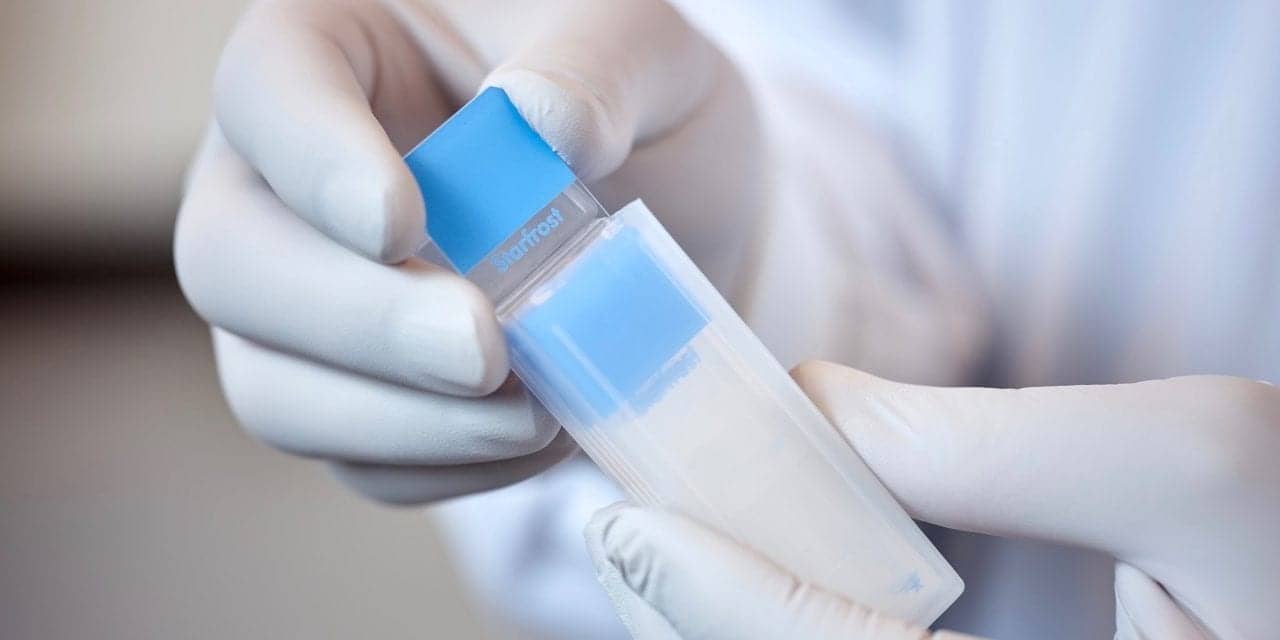Agendia Inc, Amsterdam and Irvine, Calif, has recently announced that US Oncology Research, The Woodlands, Texas, has joined Agendia’s Flex breast cancer registry study. US Oncology Research is one of the nation’s largest research networks, consisting of more than 150 research sites and over 1,000 investigators dedicated to bringing cutting-edge treatment options to cancer patients.
Flex is a large-scale, prospective, observational breast cancer study that links full genome profiling—including Agendia’s MammaPrint risk of recurrence and BluePrint molecular subtyping tests—with complete clinical data to create a comprehensive patient database with the potential to identify new gene associations with prognostic or predictive value in breast cancer.
The first milestone for the database will be to capture full genomic and clinical data for 10,000 breast cancer patients and follow them over 10 years. Open to both women and men in the United States diagnosed with stage I, II, or III cancer, including all molecular subtypes, the dataset will be a true representation of the entire patient population. By capturing genomic and clinical data from all ethnicities, ages, genders, and from patients with comorbidities, the Flex database provides valuable opportunities to accelerate breast cancer research. It will also enable researchers to investigate the differences and trends between subgroups and, importantly, to focus on smaller, more diverse, patient populations that have traditionally been challenging to recruit in sufficient numbers for clinical trials.
Since beginning enrollment in 2017, Flex has 45 centers in the United States and has recruited more than 700 patients. Under the terms of the agreement, all US Oncology Research-affiliated sites can participate in Flex, with eight initial sites inTexas and Arizona already open for enrollment.
“Flex has the potential to become one of the most valuable and impactful national datasets in breast cancer research—a veritable ‘Google’ for combined clinical and genomic breast cancer information,” says Joyce O’Shaughnessy, MD, chair of the breast cancer program for US Oncology Research, and chair of breast cancer research at Baylor University Medical Center. “We are very pleased that our center is a part of this groundbreaking initiative. We look forward to giving patients the opportunity to help drive new discoveries in breast cancer by enabling their clinical information and full-genome data from their tumor to be collected and added to the secure study database.”
“Big data initiatives like Flex in the United States, and the Precise trial running in parallel in the Netherlands, are a central part of our collective responsibility to deliver the benefits of precision oncology to patients with breast cancer,” says William Audeh, MD, chief medical officer at Agendia. “With every new cancer center and every new patient that participates in these studies, we are adding to a revolutionary dataset that investigators can interrogate to answer some of the big unanswered questions in breast cancer. The potential impact of access to gene expression data from approximately 20,000 genes matched with therapeutic interventions and long-term follow-up for 10,000 US patients is invaluable to the cancer community.”
Agendia’s MammaPrint test analyzes 70 genes most associated with breast cancer recurrence to provide a clear, binary low or high risk of cancer recurrence result, while BluePrint analyzes 80 genes that classify a patient’s breast cancer into functional molecular subtypes. Participants in Flex will receive MammaPrint, with or without BluePrint testing. Full genome and comprehensive clinical data will be collected and added to the study database.
For further information, visit Agendia and US Oncology Research.
Featured image: Tissue samples from breast cancer patients in the United States are sent to Agendia’s CLIA-certified and CAP-accredited laboratory in Irvine, Calif, for MammaPrint and BluePrint testing. As part of the Flex trial, patients will also have their full transcriptome analyzed and added to the study database to help support future breast cancer research.







